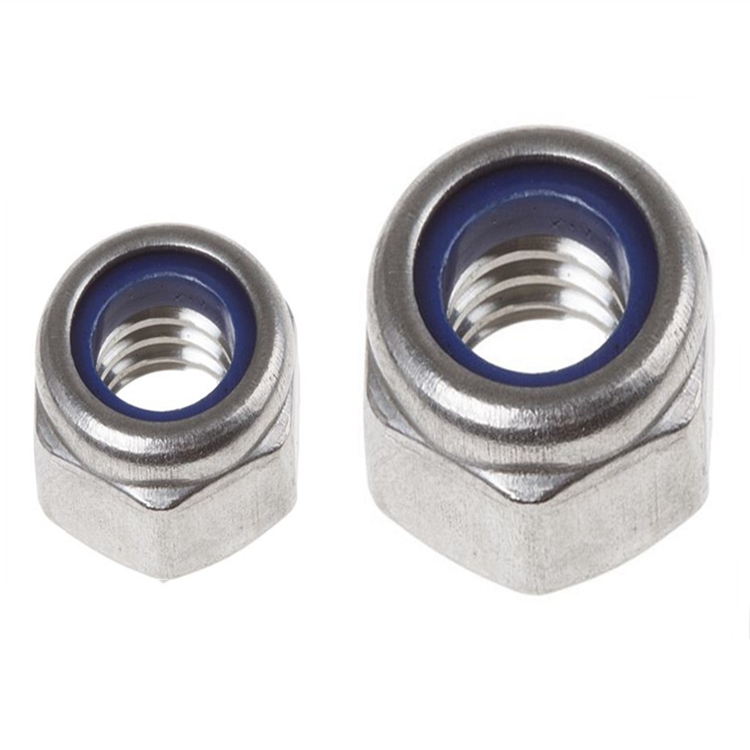b7 stud bolt company
Dec . 10, 2024 08:25 Back to list
b7 stud bolt company
The Importance of B7 Stud Bolt in Industrial Applications
When it comes to the world of heavy machinery and construction, the role of fasteners cannot be overstated. Among them, the B7 stud bolt stands out as a crucial component in a variety of industrial applications. This article will delve into the specifications, advantages, and applications of B7 stud bolts, highlighting why they are a preferred choice among engineers and manufacturers alike.
What is a B7 Stud Bolt?
A B7 stud bolt is made from an alloy steel that is specifically designed for high-strength applications. It is graded according to the ASTM A193 standard, which outlines the specifications for alloy-steel and stainless-steel bolting materials intended for high-temperature or high-pressure service. The B7 grade is known for its excellent yield strength, which typically exceeds 105 ksi (724 MPa).
B7 bolts are covered with a black oxide finish to provide corrosion resistance, making them suitable for use in environments that expose them to harsh conditions. Additionally, they are often used in conjunction with nuts and washers to ensure a secure and reliable fastening solution.
Advantages of B7 Stud Bolts
1. High Strength One of the primary benefits of B7 stud bolts is their high tensile strength. This characteristic makes them ideal for critical applications in industries such as oil and gas, petrochemical, and power generation, where structural integrity is paramount.
2. Temperature Resistance B7 stud bolts can withstand high temperatures, making them suitable for use in extreme environments. Their ability to maintain strength under heat is critical in applications involving steam systems, reactors, and pressure vessels.
3. Versatility These stud bolts are available in various sizes and lengths, providing flexibility in designing systems that require specific fastener dimensions. Whether it’s for flanged joints or heavy machinery, B7 bolts can accommodate a wide range of engineering needs.
b7 stud bolt company

4. Corrosion Resistance The black oxide finish not only enhances appearance but also provides a layer of protection against rust and corrosion. While they are not completely immune to environmental elements, their resistance extends their service life considerably.
Applications of B7 Stud Bolts
B7 stud bolts are utilized in a myriad of industrial sectors. Some of the most common applications include
- Oil and Gas Industry In oil extraction and transportation, B7 bolts secure flanged connections in pipelines subjected to high pressure and temperature. Their strength prevents failure, ensuring that critical operations continue without interruption.
- Power Generation In power plants, such as those involving turbines and reactors, B7 stud bolts are essential for securing various components, ensuring that machinery operates efficiently and safely.
- Chemical Processing The chemical industry often works with corrosive substances and requires fasteners that can handle such conditions without degrading. B7 stud bolts provide the necessary reliability for high-pressure vessels and piping systems.
- Marine Applications In shipbuilding and offshore drilling platforms, B7 stud bolts are favored for their strength and resistance to salty environments, where traditional fasteners might corrode quickly.
Conclusion
In the realm of industrial fasteners, B7 stud bolts represent a reliable choice for engineers and manufacturers in demanding applications. Their high strength, temperature resilience, and corrosion resistance make them indispensable in sectors like oil and gas, power generation, and chemical processing. As industries continue to evolve and push the boundaries of technology, the significance of high-quality fasteners like the B7 stud bolt will only continue to grow. Investing in quality fasteners not only ensures safety and efficiency but also contributes to the longevity of critical infrastructure.
Latest news
-
Reliable Wire Bolts Suppliers | Quality Zinc Plated Fasteners
NewsAug.26,2025
-
Wire Bolts Suppliers: Durable & Reliable Fasteners for Every Project
NewsAug.25,2025
-
Premium Cabinet Bolts Supplier | Wholesale & Custom Solutions
NewsAug.24,2025
-
Reliable Axle Nuts Supplier | Quality & Precision Fasteners
NewsAug.23,2025
-
Durable Bolts for Lawn Mower Handle - Top Supplier & Manufacturer
NewsAug.22,2025
-
High-Quality Bolts for Lawn Mower Handle Supplier & Manufacturer
NewsAug.21,2025
